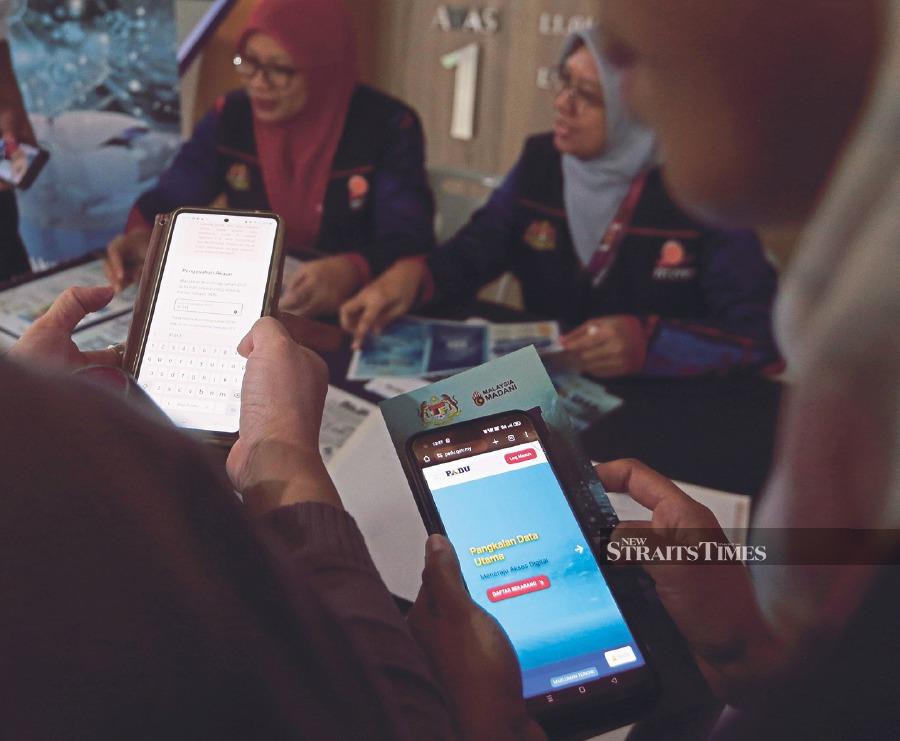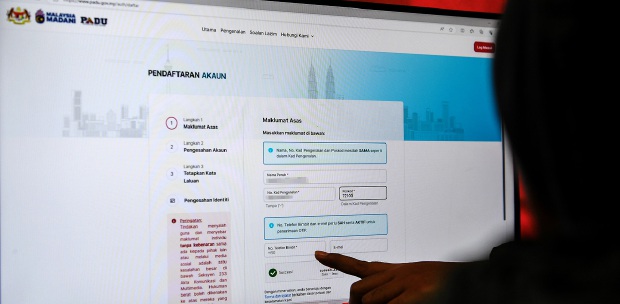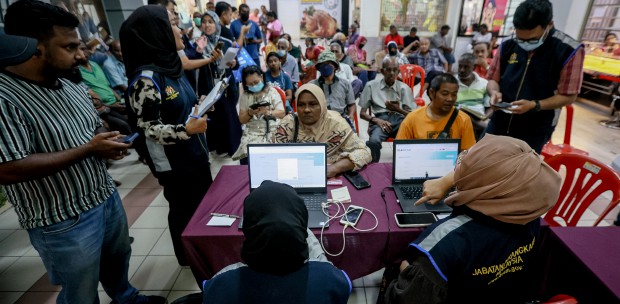LETTERS: IT is timely that the government has introduced the Central Database Hub (Padu) due to the need to lower the subsidy bill. Malaysia spent RM70.3 billion on subsidies in 2022.
The goal is to have Padu in place by the second half of this year to help the government determine targeted recipients.
While well intended, the subsidy approach has limitations.
FIRSTLY, inefficiency. While subsidies benefit all income levels, including the rich, this results in resource misallocation. So it is a costly approach;
SECONDLY, artificially low pricing can skew market signals, preventing efficient production and investment in key industries such as renewable energy; and,
LASTLY, the rising cost of subsidies strains the government budget, reducing resources for education and healthcare.
Subsidy rationalisation has entered the picture. Public resistance, concerns about price hikes and the possibility of political backlash are valid concerns.
However, the long-term advantages outweigh the short-term drawbacks.
An efficient economy draws investment and encourages innovation, resulting in higher living standards.
Lowering government spending enables increased investment in vital sectors while reducing reliance on debt.
Justifying subsidies does not imply abolishing them.
Instead, it is about reconsidering how and to whom they are made available. There are three reasons:
TARGETED assistance: By transitioning to targeted subsidies based on income or specific requirements, we can ensure that those who need help receive it;
PRICE changes: Gradual price adjustments can reduce the cost of subsidies while softening the impact on vulnerable groups; and,
INVESTING in alternatives: Savings from rationalisation can be used to fund public services, infrastructure, and long-term solutions that benefit the population.
Now is the time to revisit the whole-of-government approach.
The collaboration of ministries and agencies in sharing and streamlining their databases will determine Padu's success.
Furthermore, it is critical that government officials help vulnerable groups, particularly in rural and peri-urban areas, to register or update their information on Padu.
Government's oversight is necessary to guarantee data security and confidence.
Despite early failures and challenges, initial defects in the system must be addressed promptly for the database to accomplish its goal.
Along the way, the government must guarantee information transparency to generate public trust and confidence in the system.
In the long run, efforts like Padu must be dynamic, constantly examined and modified.
Padu would provide the groundwork for a universal protection system to prepare for an ageing society.
For example, someone earning a T20 salary at the age of 55 today may require assistance or support when their income drops once they retire.
Furthermore, this approach might not only allow for more targeted subsidy deliveries, but it could also boost income levels by connecting work possibilities with greater compensation.
Subsidy rationalisation is a critical step towards a more sustainable and equitable Malaysia.
It necessitates preparation, communication with the public, and a commitment to providing targeted assistance to the most vulnerable.
MOHAMAD NAZRAIN NORDIN
Senior training consultant,
National Institute of Public Administration (Intan),
Kuala Lumpur
The views expressed in this article are the author's own and do not necessarily reflect those of the New Straits Times





